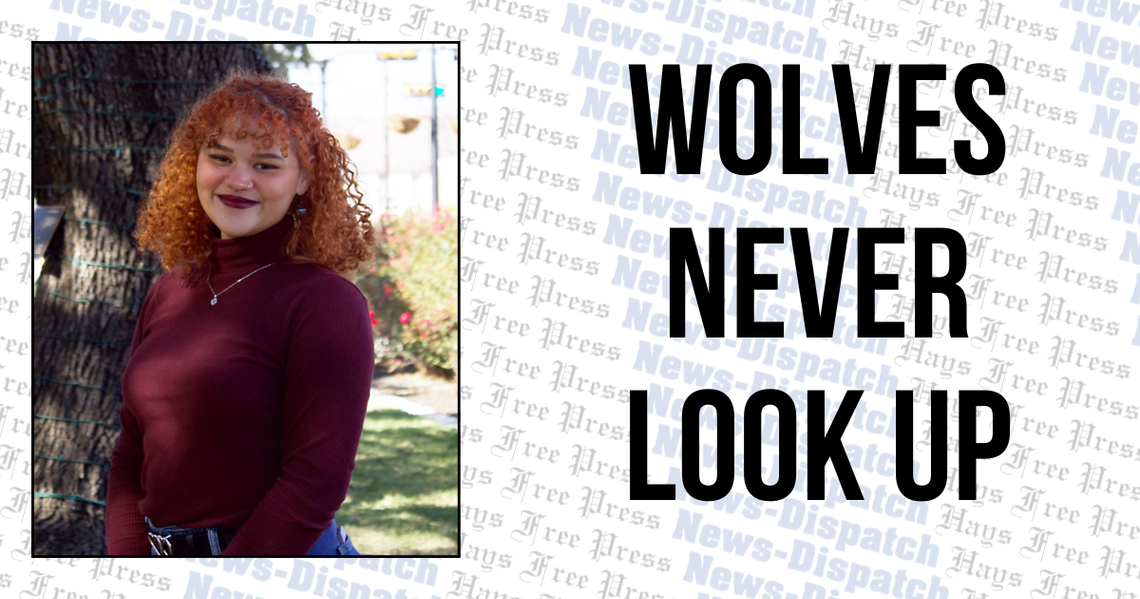Zombies, according to Merriam-Webster, are a will-less and speechless human held to have died and been supernaturally reanimated.
We all know about them — the stereotypical staggering walks, deep moans and obvious hunger for flesh — but they’re probably not the first monster that comes to mind when you’re thinking about what to dress up as for Halloween or looking for a scary movie. In fact, some may classify zombies as one of the more lame terrors — but not me.
I think there is something horrific about a human, who initially presents the same, suddenly chasing after you and attempting to eat you. Maybe this is because I kind of put them in the same category as serial killers (Albert Fish comes to mind), since they’re similar in their cruelty, except, honestly, there’s certainly more sympathy to be had with zombies than a murderer.
Now, when you start talking about zombies, you can’t do it without discussing a zombie apocalypse. In the media, there’s been varying portrayals, but they all have the same core: infection spreads, humanity has to learn what it takes to survive, inevitably civilizations start to form again and a fight probably occurs between said civilizations. This can be seen in notable television series, such as “The Walking Dead,” or video games, like “The Last of Us.” The latter of which definitely separates itself from standard zombies, implementing a sort of species within itself — some that hear well, some that are fast, some that are more aware of their surroundings — but one of the most interesting aspects is the science element.
In “The Last of Us,” there is a scientific background that is explained. According to the game, the infected — zombies — have been victims of a cordyceps brain infection, which infects ants. Although I love “The Walking Dead” — I’m currently on my third rewatch — I think providing more of a reason for the zombies is far more interesting.
This is also being explored in a recent book release that I’m reading, titled “One Yellow Eye.” In it, the main character is a scientist that is working on a cure for a recent zombie outbreak, while hiding her zombified husband in her house. Not only is it a refreshing take on the classic scenario, seeing a scientist attempt to find the cure, but there’s also the pity for the woman, who can’t let her husband go. Additionally, there is a real-life correlation that occurs, similar to “The Last of Us,” amplifying the risk. Although I’m not sure of the chances of this happening outside of a novel, this and the cordyceps infection make the experience more immersive.
Among my consumption of zombie media, which has recently ramped up, it begged the question of whether I’d survive and what choices I would make in an apocalypse. Truthfully, this isn’t really a question, as I’d surely die, but I also do surprisingly well in stressful situations, so maybe I’d surprise myself.
I think besides the obvious difficulties of fighting off zombies, probably having to eat squirrels and losing loved ones, I’d struggle most with ethical versus survival circumstances. For example, in season two of “The Walking Dead,” Rick Grimes and his group battle with whether they should kill this guy, who they saved, despite him shooting at them. The concern is that if they let him go, he could lead his group back to theirs and seek revenge for holding him hostage. Their initial reaction? Kill him. But that’s easier said than done, argues a group member, as if they kill him, that makes them no better than murderers.
I see both sides and I know those decisions would inevitably come up at some point, but I’m not sure what I’d do.
What would you do? Would you kill him? Would you keep your zombified loved one and hope there was a chance to save them? Would you be a leader or a follower? Would you keep your vegetarian diet or eat the squirrel meat? Would you let strangers into your group or keep it small?
There’s so many questions to ask and, honestly, they can stay unanswered because unless anyone's planning on contracting a previously isolated virus from an animal, I’m going to hope that the media I consume stays fictional.
Kelley is news editor of the Hays Free Press and News-Dispatch. She can reached via email at [email protected].










